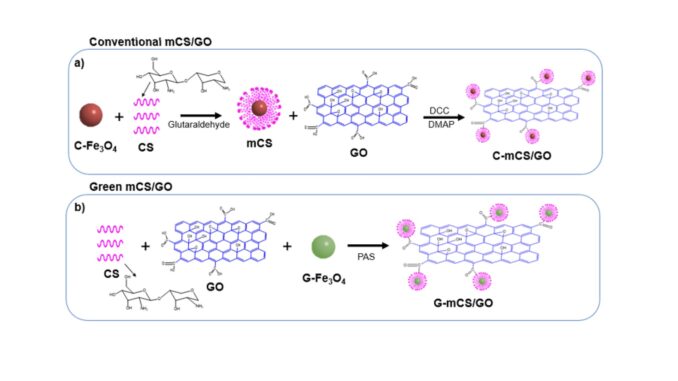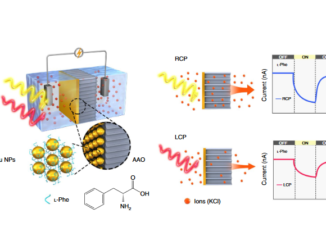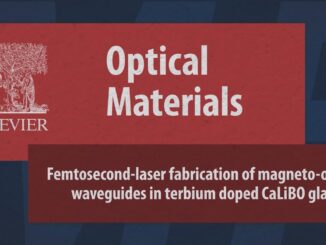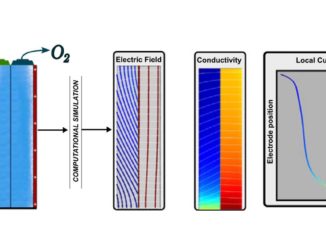
Comparative efficiency of polycyclic aromatic hydrocarbon removal by novel graphene oxide composites prepared from conventional and green synthesis
Abstract: New materials have been developed based on the pillars of green chemistry; however, few studies compare the potential of these materials with that of conventional materials. In this study, two composites based on graphene oxide and magnetic chitosan were synthesized, one by the green route (G-mCS/GO) and the other by the conventional route (C-mCS/GO), using proanthocyanidin (PAS) and glutaraldehyde as crosslinking agents, respectively. Then, they were applied as adsorbents in the removal of polycyclic aromatic hydrocarbons (PAHs) from synthetic wastewater to compare their performance. Through XRD analysis, the crystallographic properties were obtained, FT-IR analyses indicated the presence of functional groups associated with graphene oxide, chitosan and Fe3O4 particles, and the magnetization curves indicated greater saturation magnetization for G-mCS/GO. Adsorption assays were performed at 298 K for 30 min at pH 6.5, an adsorbent dosage of 0.1 mg mL−1 and an initial PAH concentration of 0.01 mmol. L−1 showed a greater adsorptive capacity of G-mCS/GO for naphthalene (0.093 mmol g−1) and anthracene (0.089 mmol g−1), with removal efficiencies of 93.55% and 89.25%, respectively. On the other hand, C-mCS/GO showed a better removal efficiency for fluoranthene (0.076 mmol g−1), 76.07%. The results obtained through the molecular simulation indicated that naphthalene molecules have greater stability than anthracene and fluoranthene, which contributes to increasing the hydrophobic and π-π interactions between the PAH molecules and the adsorbent surface, thus inducing an increase in the adsorptive capacity. The results of this study indicate that G-mCS/GO is a potential and sustainable adsorbent for PAH removal from wastewater.
Author(s): Queiroz, R. N.; Neves, T. d. F.; da Silva, M. G. C.; Mastelaro, V. R.; Vieira, M. G. A.; Prediger, P.
Journal of Cleaner Production
Published: 10 August 2022
DOI: https://doi.org/10.1016/j.jclepro.2022.132244
CDMF
The CDMF, hosted at the Federal University of São Carlos (UFSCar), is one of the Research, Innovation and Dissemination Centers (RIDC) supported by the São Paulo State Research Support Foundation (Fapesp), and also receives investment from the National Council Scientific and Technological Development (CNPq), from the National Institute of Science and Technology of Materials in Nanotechnology (INCTMN).




